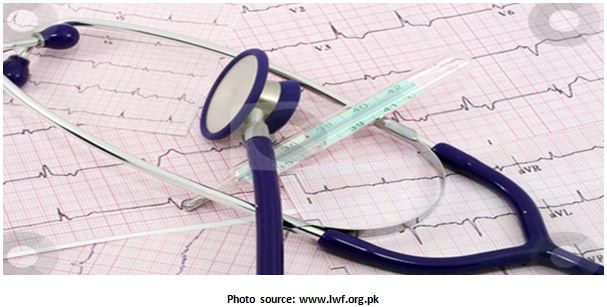
Situation: A survey on the health of Thai people based on their medical checkup found that some people did not realize they were ill. More than one-third of diabetes patients did not know that they had the illness and more than half of people with hypertension had never been diagnosed with the condition. Some groups of people were unaware of the importance of medical checkups and did not have a necessary medical checkup. Meanwhile, some groups of people who live in urban areas and have access to such services have medical checkups that are more than necessary and unreasonable. This results partly from their long-standing familiarity with medical checkups. Besides, there is not an organization that manages to set the list of necessary medical checkups, examine and control the standard of medical checkups and inform people of rapidly changing medical technologies. Most medical checkups emphasize laboratory tests, many of which lack information to support their effectiveness and efficiency and may have negative impacts on the people who are initially diagnosed with some illnesses, based on such tests, although actually they are not ill. This means a waste, exposes diagnosed people to unnecessary treatment or additional medical checkups and causes concerns. Meanwhile, the people who are diagnosed with no illness can be neglectful and fail to control their risk factors. This may result from the facts that they are not ill or have some hidden illnesses that are not detected through medical checkups due to some flaws of technologies applied for medical checkups.
Problem: In Thailand, many organizations are trying to inform people of necessary and reasonable medical checkups and campaigning for them. Yet, they are ineffective in the tasks to educate general people on the matter. The organizations include the Medical Council of Thailand, the Ministry of Public Health, the Folk Doctor Foundation, the Health Systems Research Institute (HSRI), the Phramongkutklao College of Medicine, the Thai Health Promotion Foundation (ThaiHealth), the National Health System Reform Office and consumer protection organizations.
Many organizations have studied appropriate methods for medical checkups and health promotion. They include HSRI, the Ministry of Public Health, the councils of medical professionals, the National Health Security Office, ThaiHealth and educational institutions under the faculties of medicines. However, they still lack connectivity to turn their findings into policies and do not have the continuation of their work.
Besides, there is not a national mechanism to develop an appropriate system of medical checkups. The system should consist of criteria for a checkup, necessary and reasonable checkups, standard examination and control, public education and evaluation.
Solution: There should be a study on the establishment of such a national mechanism to (1) set necessary and reasonable checkups, (2) examine and control the standard of checkups in the government and the private sectors, and (3) provide people with relevant knowledge or offer relevant information to policymakers.
